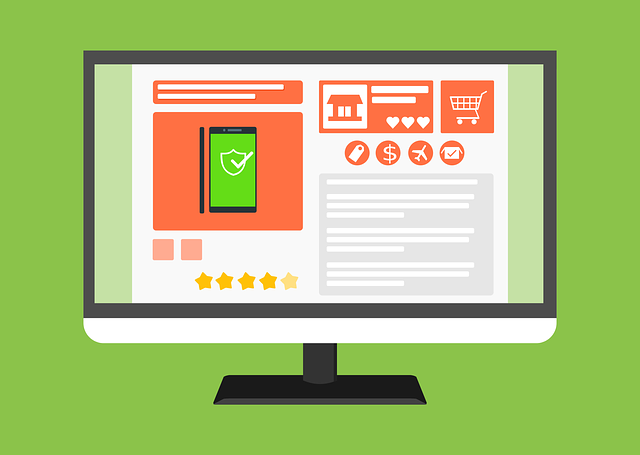9 Tips to Choose the Best Gateway Payment Solution

According to BigCommerce market trend reports, global e-commerce is almost at $4.2 billion in sales and comprises 16% of all retail sales. The rapid growth of e-commerce and online sales places a huge responsibility on online sellers and e-commerce vendors to provide a seamless service and payment solution experience for their customers at all times. Payment methods and customer preferences keep evolving, so vendors and merchants must keep pace with changing demands to ensure a higher preference rate in an increasingly competitive market.
Not only are customers looking for easy payment options, but also want guarantees of payment data security so that their funds remain secure. Choosing the best gateway payment terminal in the market is critical for fast and seamless transactions with the highest level of security.
Before you settle on a merchant payment gateway solution vendor, there are several parameters you should consider to ensure you get the best results.
Factors to Consider While Choosing a Payment Gateway:
-
Cost:
Costs and expenses are fundamental components of a business. While going through payment gateway vendors, consider all the costs you will bear because of this partnership. Your total expense can be broken down into three components:
- Setup fee
- Monthly subscription fee
- Transaction cost
When you wish to determine the best option which is cost-effective and provides all the features you need, you must consider the volume as well as the value of each transaction. Different payment gateways use different payment models which are better suited to specific businesses. For example, some have zero monthly fees, but a relatively high per-transaction rate. This is suitable for new businesses that are just starting to get new customers. Other gateway providers have low fees per transaction but an additional monthly fee to be paid, which benefits businesses with a high volume of transactions.
-
Types of payment methods:
Customers are known to abandon their shopping carts and transactions if their payment solution method of choice is not supported. Other times, a supported payment method might fail and they are forced to opt for another. Thus, businesses need to support multiple payment methods for increased convenience.
-
Holding time:
Payments usually get approved instantly. However, sometimes the funds remain in a holding account for a predetermined period before reaching the merchant’s account. The purpose of a holding account is to handle all chargebacks and refunds as applicable. Check the holding duration of any gateway payment before finalizing a vendor and decide how long you’re okay with the funds remaining in the holding account.
-
Recurring billing option:
Most subscription-based business ventures automate monthly payments for customers. Companies schedule a payment for customers to make every month. The necessary funds get deducted from their bank account on a fixed day. All businesses that require recurring billing should ensure their payment gateway provider supports recurring bill payments.
-
Hosted gateway vs non-hosted gateway:
Businesses can choose between payment gateways that are hosted off the website and non-hosted. Hosted gateways redirect customers to the payment page, while non-hosted gateways allow users to enter transaction details while on the same website.
-
Security:
In any conversation around online payments and transactions, remember that every business is storing and using sensitive and personal financial data from their customers. Keeping this data security must be the highest priority for any business. Leaking of this information could result in unauthorized transactions and loss of funds. Choose a payment gateway that complies with all government protocols and security standards such as PCI DSS compliance. Most payment gateways also provide additional security features such as fraud detection, as well as several tools for protection against fraud and unauthorized transactions.
-
Mobile-first payment method support:
The shift to mobile shopping and transactions is not only inevitable but a big part of our present today. With more customers moving to mobile, merchants need to ensure that their payment gateway networks and security protocols encompass mobile devices like phones and tablets too. Ensuring mobile payment support will increase the level of flexibility customers have while completing transactions through any device they choose.
-
Transaction limits:
Some merchant payment gateways place a limit on the maximum value of transactions a business can perform in a month or year. For small businesses, this might not serve as a significant problem. But it can significantly limit the dealings of businesses that work with high-value products or larger volumes of transactions every month. Business owners must research this limit to avoid losing potential customers.
-
Easy system integration:
Any business setting up an online payment system. Will have an existing digital infrastructure in place, including accounting, logistics, and invoicing software. Businesses need a payment gateway that can integrate easily with existing solutions. This helps in saving time and effort so that operations don’t work in silos. And there is greater transparency when it comes to payment completion and record keeping.
If you carefully consider each of these factors before choosing the best gateway payment solution for your business, your chances of success and customer loyalty increase significantly.
For more blogs click here.



